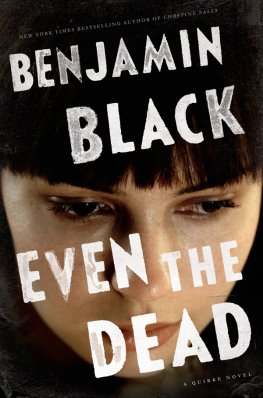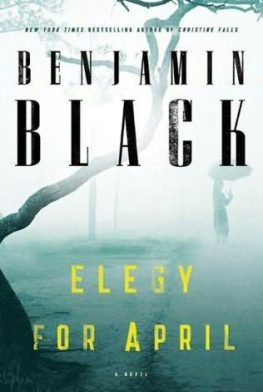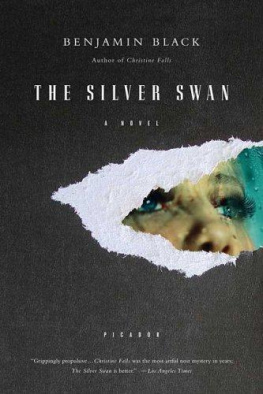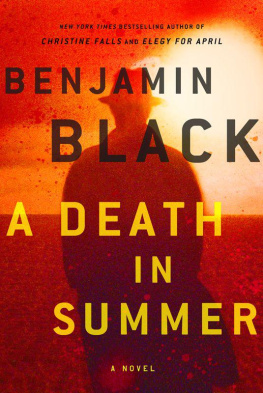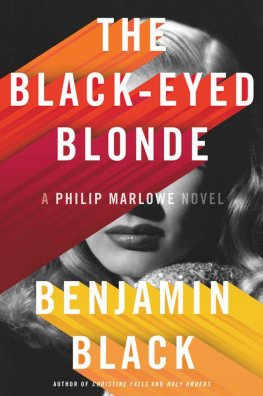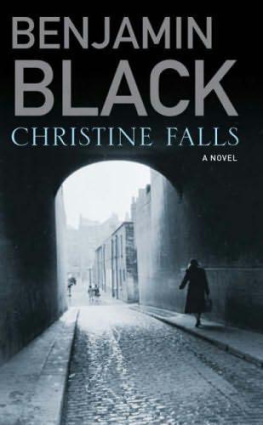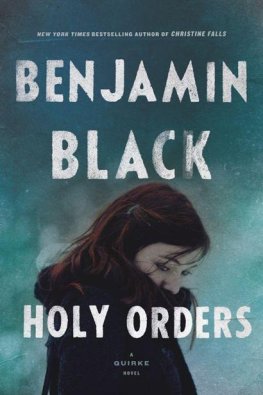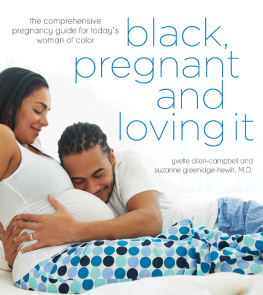Benjamin Black
Even the Dead
One glorious morning in the middle of June it occurred to David Sinclair that he was in the wrong profession. He was thirty-four now; after spending eight years training for the job, he was in line for the post of chief consultant pathologist at the Hospital of the Holy Family, succeeding his boss, Quirke, who was on extended and, if there was any justice, permanent sick leave. In those eight years, so it seemed to him, he had not once stopped to ask himself if he really wanted to be a pathologist. Nor could he recall deciding, in his school days, that this was what he would spend his life doing: slicing into the bellies of dead bodies, clipping their ribs and sawing through their sternums, his nostrils filled with their awful smells, his hands gummy with their congealing blood. What was it Quirke used to say? Down among the dead men. Was that really the place to spend a life?
The pathology lab was a windowless basement cavern. Banks of fluorescent lights in the ceiling gave off a faint, relentless hum that today was making his temples ache. Outside, he knew, the morning sun was shining. Girls in summer dresses were walking by the river, and there were swans on the water, and flags were rippling in the warm breeze, and in Grafton Street there would be the rich brown smell of roasting coffee beans from the open doorway of Bewleys Oriental Caf, and paper boys would be calling out the latest headlines, and there would be the sound of horses hoofs on cobblestones, and the cries of the flower sellers at their stalls. Summer. Crowds. Life.
The body on the slab was that of a young man, early twenties, slight build. It was badly burned, and smelt of petrol and scorched flesh. At first light that morning, in the Phoenix Park, three members of the Fire Brigade had been required to lift it carefully out of the still simmering wreckage of a motorcar, a Wolseley, that had crashed into a tree just off the main road through the park and burst into flames. A cycling enthusiast out early on his racer had come upon the scene; by then the fire had died down, but a thick column of black smoke was still rising from under the cars gaping bonnet.
A suicide, according to the Guard who had come in with the ambulance men. Over the previous year there had been three similar instances of desperate young men deliberately driving their cars at high speed into highly resistant obstacles; unemployment was steadily rising, and it was a hard time for the young. The Guard himself was young, hardly into his twenties, and looked shaken, despite his offhand pose. Sinclair guessed this was the first dead body he had been called on to deal with, or certainly the first one in this scorched state, clothes burnt off save for a few blackened tatters, the flesh as crisp as fried bacon, the eyeballs bursting from their sockets.
Any identification? Sinclair had asked.
The Guard shrugged, pushing his cap with the shiny black peak to the back of his head. He had fair hair and blond eyelashes. Were on to the City Council, tracing the registration number. He couldnt seem to take his eyes off the dead mans groin and the shriveled black thing there, like a crooked little finger. Poor bugger, he said. I hope he was knocked out before the fire started.
Yes, Sinclair said.
Now, two hours later, the Guard long gone, Sinclair stood frowning at the dead mans singed, leathery skull and the deep indentation above the left temple.
Knocked out. Yes?
* * *
The trees on Ailesbury Road seemed to throb in the sunshine, great bulbous masses of leaves shimmering inside a penumbra of grayish heat mist. Quirke stood to one side of the tall sash window, gazing down into the street. These days there were times when his brain clanked to a halt, like a steam train stopping, at night, in the middle of nowhere. He knew it wasnt possible not to think, that the mind was always active, even in sleep, at no matter how subdued a level, but at the end of these blank episodes, when the poor old engine started up again, he would try to grope his way backwards to that dark halting place and find out what had been going on there, often with little success.
Philbin, the brain specialist, had said these latest lapses were probably the result of his general inaction and enervation, combined with nervous tension. In other words, Quirke thought, Im under pressure and Im bored. Takes a specialist to spot that, all right.
For months he had been suffering from hallucinations and what Philbin would later call absence seizures, before giving in at last and going to see if something could be done about his state. By then he was convinced he had a brain tumor, but Philbin had shown him the X-rays, which were clear. Philbins guess was that there was a lesion on the temporal lobe; hence the mental blanks and the momentary delusions. It was probably an old scar, Philbin said; as old, Quirke supposed, as the slight limp he still had from a bad beating he was given one wet winter night years before by a couple of hired thugs. How the past comes back to haunt us.
Rest, Philbin had said, nodding sagely. Just rest, try to relax, stay off the hard stuff, youll be right as rain.
Philbin had a long narrow head, the top of which was a slightly flattened, shiny curve, like the crust of a loaf. He was entirely bald save for a fringe of suspiciously black hair did he dye it? at the back of his skull. When he dipped his head, a little lozenge of silvery light slid over that pale, polished dome, a faint, falling star. He and Quirke had been at college together but had never been friends. Quirke didnt go in for friends, much, even in those early days.
What about work? Quirke asked. When can I go back?
Philbin had fiddled with the papers on his desk, his eyes gone vague. Well have to see about that. For now, just take it easy, as I say, and stay sober.
He had done what he was told, had taken it easy, and rested, and drunk only wine, and only at dinnertime. He had pills to make him sleep, and other pills to keep him calm when he was awake. And so the days trickled past, each one much the same as all the others. He felt like Robinson Crusoe, grown old on his island.
Mal, his adoptive brother, and Mals wife, Rose, had urged him to come and stay with them for a while, to convalesce, and he had agreed, against his better judgment. He didnt think of himself as a convalescent, but on the other hand he knew he wasnt well, either. His mood swung like a defective pendulum. One minute he was sunk in despondency, the next he was fizzing with impatience to be back in the world, back in his life. Yet when he thought of the hospital where he had worked for the past twenty years in an airless room below ground, his heart quailed.
What would he do if he didnt go back? Even at this distance he could almost hear his assistant, Sinclair, rubbing his hands at the prospect of stepping into his shoes.
He was fond of Sinclair, in a muted sort of way, but he was damn well certain he wasnt going to let him take his job. No, he would bide his time, and one of these days he would take a taxi to the Hospital of the Holy Family and march down those broad marble stairs to the lab. He would hang his hat on the hat stand and sit down in his chair and put his feet on his desk and shove his assistant firmly back into his box.
He heard the door behind him opening. He didnt turn. He knew by her step who it was.
You look like a man standing on a ledge and about to jump, Rose said.
Now he did turn. Rose was no longer young, but she was still a handsome woman slim, sleek, straight-backed, with a cool smile and a mocking eye. They had gone to bed together once, just once, a long time ago. And now she was married to Mal. Quirke still considered it the most unlikely match. But then, to Quirke all matches seemed unlikely.

